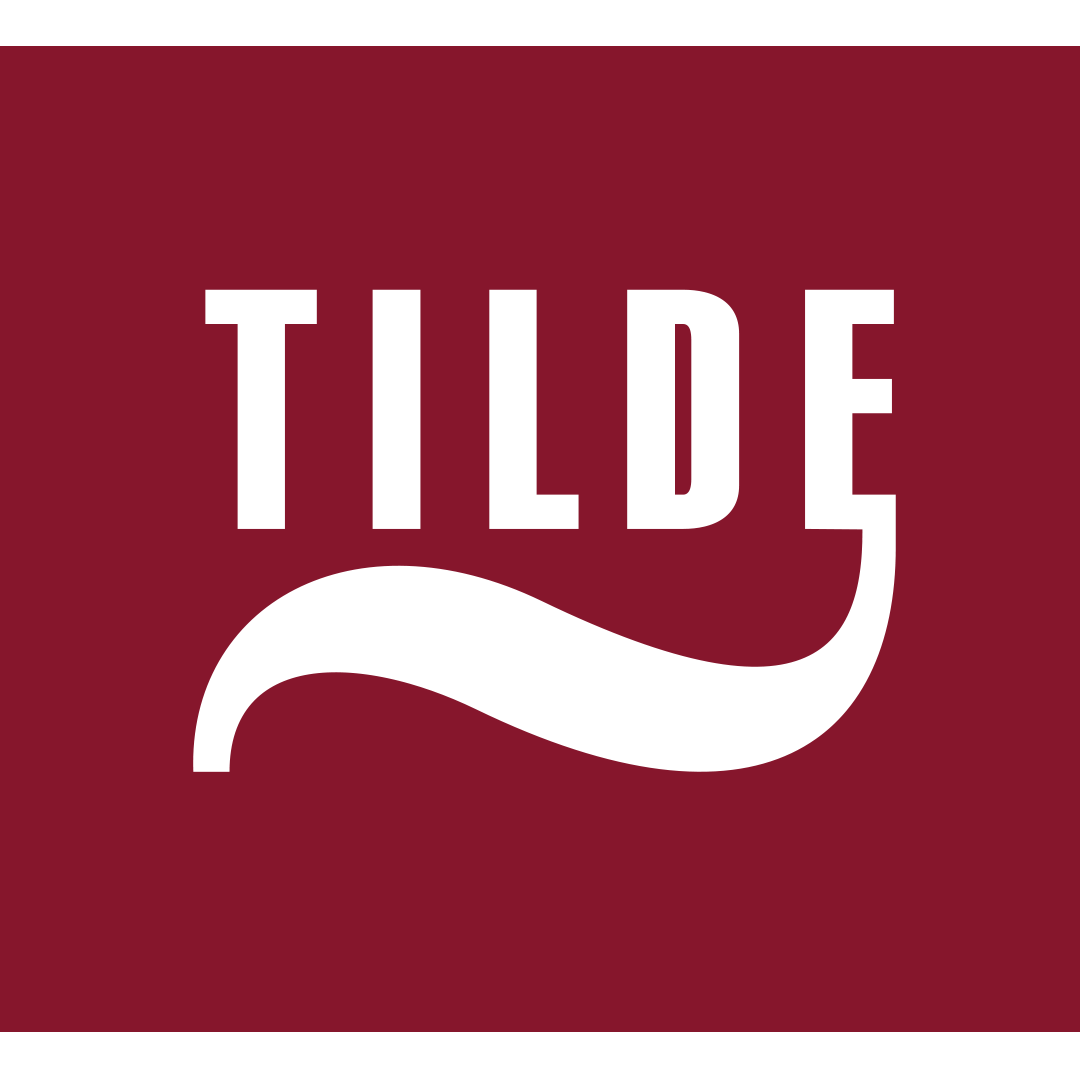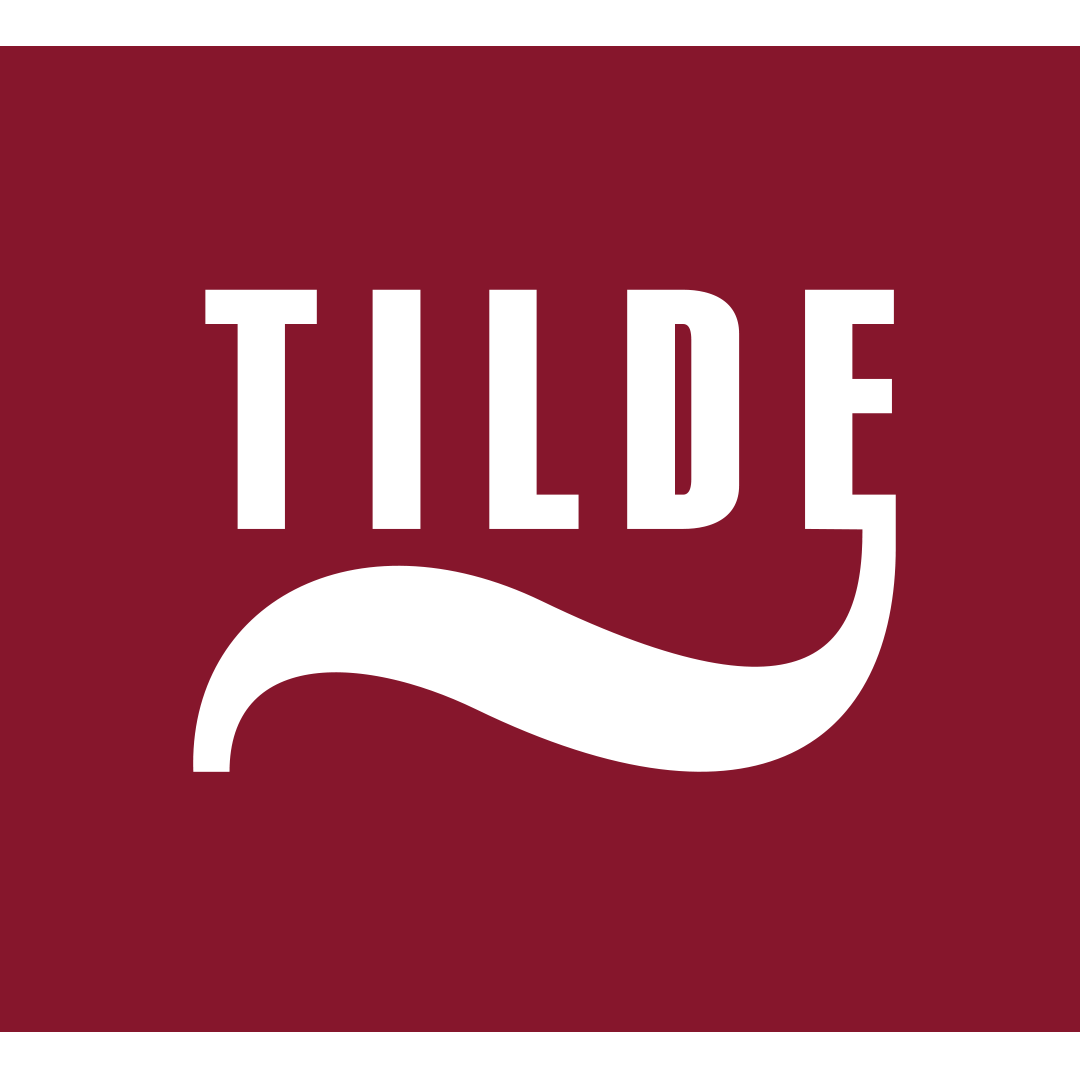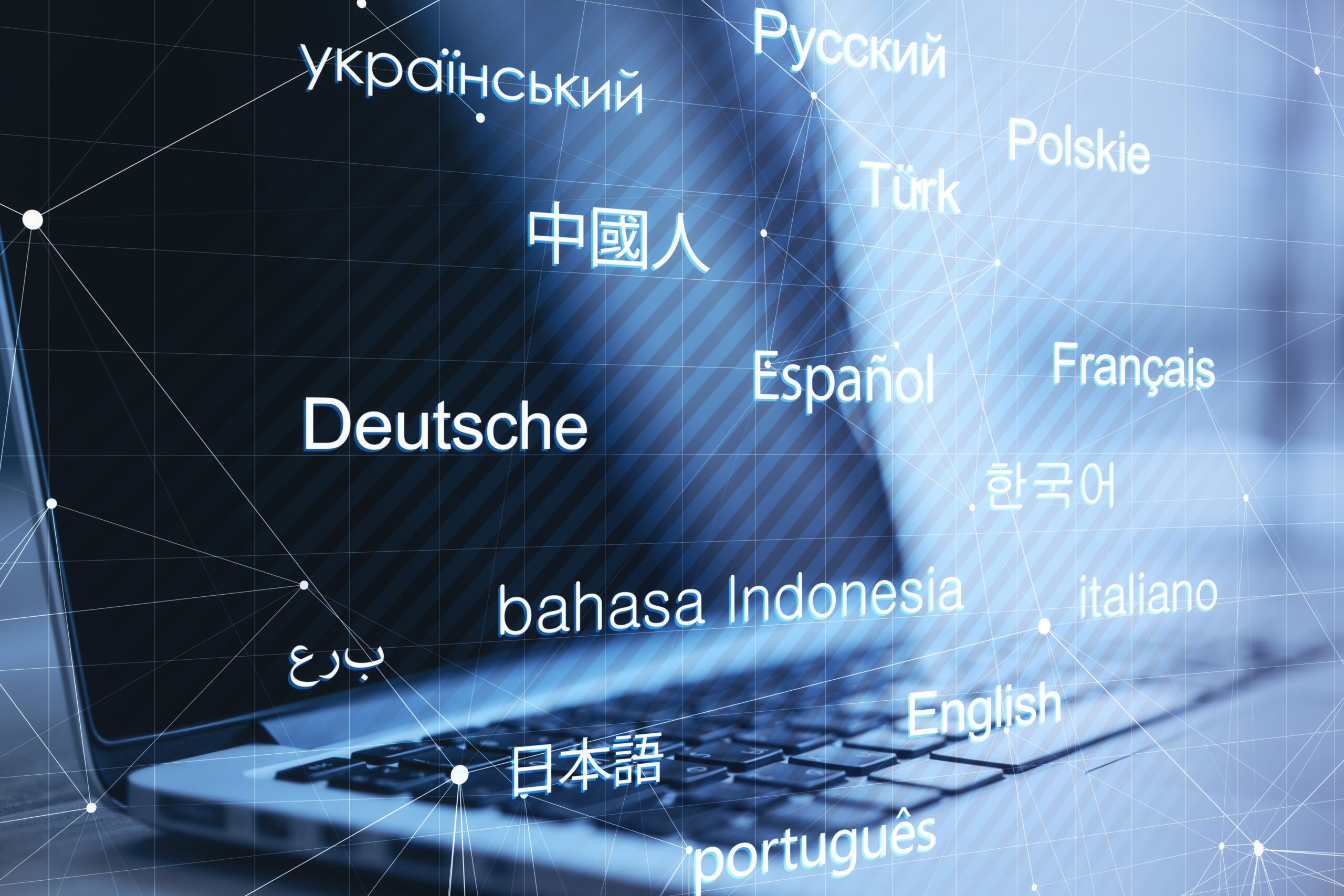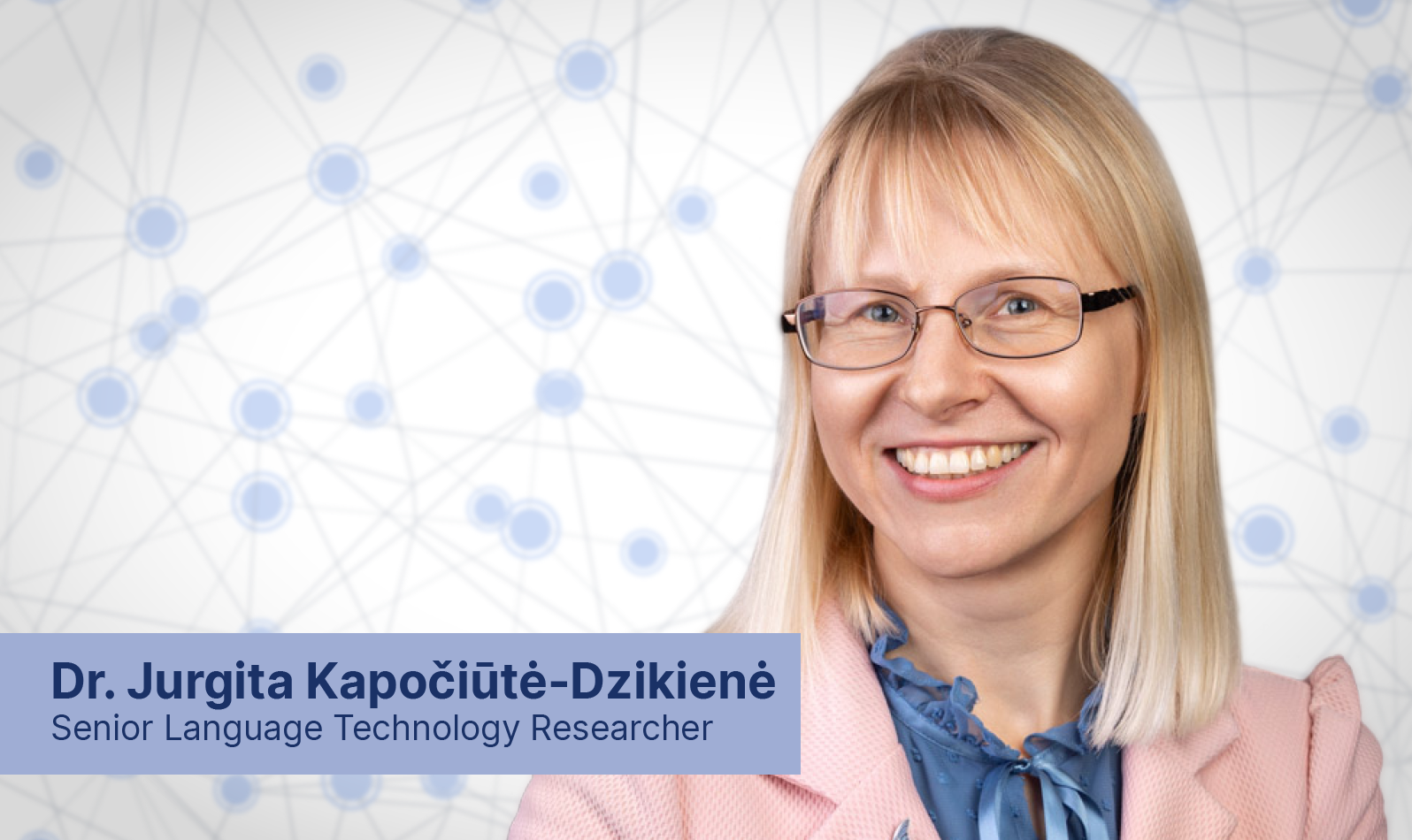32 questions on the occasion of Tilde’s 32nd birthday – answers from Tilde CEO Artūrs Vasiļevskis
Team Tilde April 9, 2024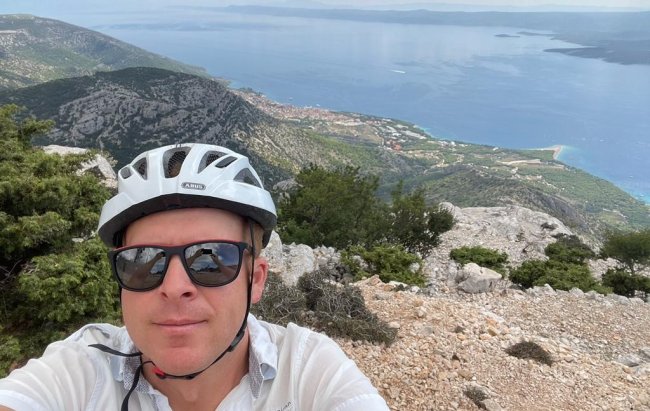
Tilde’s first day of operations was 17 September 1991. Back then it was a small company, which commenced its operations with the creation of Latvian language fonts and translation, but has now become a major force in the European language technologies field and localisation industry.
We have entered our thirty-second year with many innovations, one of which is that nearly 9 months have passed, since Artūrs Vasiļevskis took over the reins of Tilde’s management and development. In a light, but enlightening conversation, we discovered Artūrs’ thoughts on various professional and personal matters.
1. You joined Tilde in 2010. Do you recall what Tilde was like back then?
Looking back from today’s perspective, at the time it was easier to explain what Tilde does in a couple of sentences – these days, it’s more complicated. Back then, our software was Tildes Birojs, Tildes Jumis and Letonika, and we provided translation services into Baltic languages. Very clear and focused products and services, primarily for the Latvian and Baltic markets. When I joined Tilde, machine translation was something new – we started conducting our first experiments and analysing the results. We tested what were then new technologies for Baltic languages.
2. And now we’re here. In 2023 Tilde is navigating its 33rd year with you at the helm. What was your path within the company to the position of CEO?
I started out as a project manager in various areas – research projects, development projects, Tildes Jumis, where my bookkeeping knowledge came in handy (a lot of people don’t know this, but I can balance my books as an accountant, at least I used to be able to). I also managed the development of Tildes Birojs. I must admit that back then, there were a lot of abstract and unclear aspects of language technologies, which I had to discover.
I found it interesting that there were development-driven projects/studies at Tilde, which were co-financed from various programmes, and not from our own funds, as was the case at the companies, where I’d worked previously. Initially, I worked on managing Latvian projects and was also involved in preparing applications – how we defined a problem and the desired outcome and conducted preliminary research. This was a new and interesting process for me. After Latvian software projects, I was entrusted with managing European projects, which meant: serious partners and challenges, but above all – the art of collaborating and building long-term relationships.
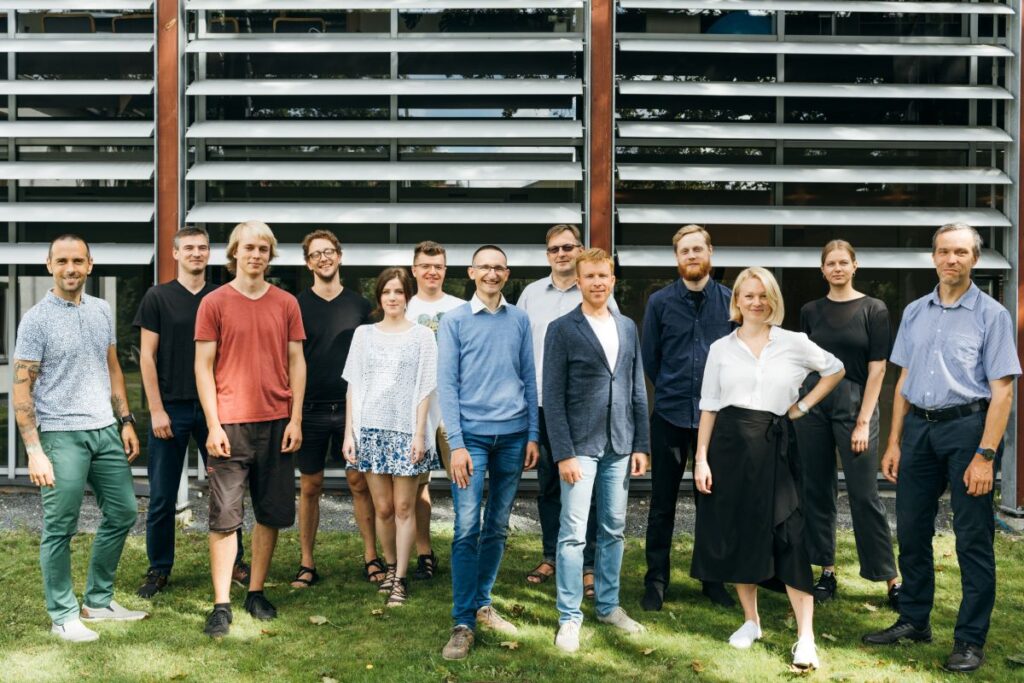
In around 2016, Tilde launched its machine translation business area. Back then, machine translation was like a blue ocean with a lot of opportunities, but also many ambiguities and challenges. For example, Google offers a free solution – take it and use it. So how could we prove value added that clients would be prepared to pay for? Both we, and a couple of similar competitors, relied on enthusiasm and the appreciation of values by the market and end users.
In around 2018, I became head of the machine business area – we created a widely usable product through positioning, marketing, and a sales vision.
But Tilde continued to expand. We had a clear ambition to get out of the Baltic market. In 2022 I was entrusted with running our entire language technologies business – machine translation, speech recognition, synthesis, and virtual assistants. This was not that easy… It is necessary to define a pinpoint strategy with a market and segments for each product, because they are different. There’s a saying, “It’s not worth firing a cannon at sparrows.” These words are spot on. Although we have clients and partners in Finland, Poland, Germany, Switzerland, and other countries, I still think that we are just starting out. We need to devise a clear product offering, develop partnerships, and strengthen our research, development, translation, sales, and marketing teams. We have accomplished a great deal, but there is still a lot to be done, now with me in the role of Chairman of the Board and with an amazing team.
3. And what are your personal TOP insights from this whole period?
Almost every day you learn and glean something new on the product, technologies, and end user sides. And the more you learn, the more you can help others and dynamically develop as a company, providing higher value added.
4. When you are angry, is it better to leave you alone or to try to improve your mood?
Who has ever seen me angry? My approach is that it’s not worth worrying about things that you can’t influence. But those that you can – you’re not going to accomplish anything through anger, only through structured, rational action.
5. What is Tilde’s accomplishment that you’re genuinely proud of?
The translation solution for the German Presidency. There we succeeded in building good working relationships with the German Ministry of Foreign Affairs, the German Artificial Intelligence Institute (DFKI) and DeepL. I’m proud that we succeeded in giving the Presidency the confidence to use machine translation, because there was still a prevailing sense that official content had to be of very high quality. The German Ministry of Foreign Affairs, which was responsible for the German EU Presidency, took a certain risk in providing content in 24 languages without human involvement, through technology only – this step resonated further among other authorities, which delights me.
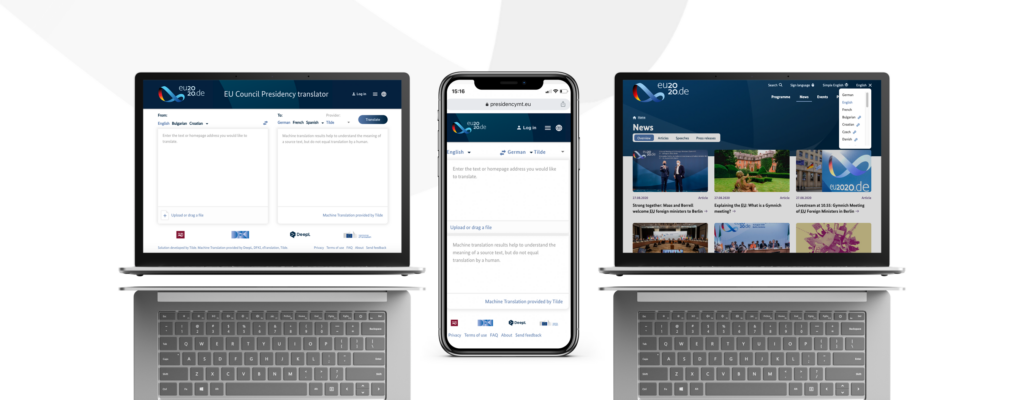
6. What are the 5 apps you use most on your phone?
Windy, an internet browser with news, the social networks Facebook and Instagram, and I also use TikTok as an interesting news and blog channel. But on social media, I am more in the role of an observer.
7. What can you do today that you couldn’t do a year ago?
Focus on details less. Previously, I focused on responsibility, vertical deep diving, but right now a horizontal view of things prevails. Along with the awareness that I have the final word on decisions that affect everyone at Tilde – this is a great responsibility.
8. If Tilde was an animal, what would it be?
Maybe an owl. This animal is associated with competence, intelligence and the ability to perceive the surrounding world from a 360-degree perspective.
9. What makes you smile most readily?
Open, friendly conversations with people (colleagues), who’ve got a good sense of humour.
10. In your personal opinion, which Tilde product or technology is the most interesting, captivating or promising?
A package of technologies and services as an ecosystem of language solutions, and the solution synergy between technological solutions and human intelligence. At one conference, I was talking about Tilde, and the listener made the comparison with a Swiss army knife. This is the art, which we are trying to create, maintaining a healthy balance between maturity of vertical and horizontal products.
11. In your opinion, which is the most beautiful word in the English language?
Facilitate.
12. Which quality would you like to fully hone during your lifetime?
Deep diving.
13. What has been your favourite travel destination to date?
The Philippines, Busuanga Island. The island is quite underdeveloped. Walking along the most remote beach, you can’t help feeling like an “explorer”, because along the shore you can find turtle shells the size of a sink – it’s amazing!
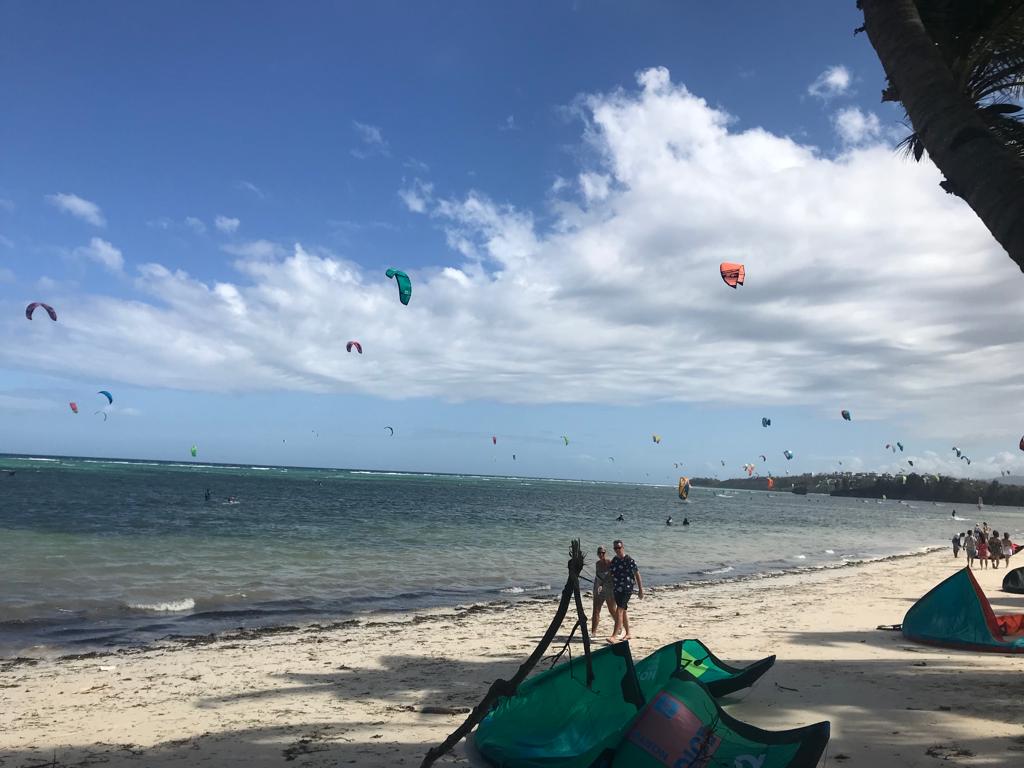
14. And what is your dream travel experience?
Beaches, food, people, worldview and, of course, the wind in Brazil.
15. You’ve also led several teams – both small and quite big ones. In your opinion, what are the three most important qualities/actions that should characterise a good manager?
Seeing the big picture, planning a couple of steps ahead, and identifying meaning. Relying on and trusting your colleagues. The ability to motivate, support and inspire.
16. Is there a movie that has moved you to tears?
I can’t think of a film that has moved me to that extent. My emotions are more aroused by theatre. For instance, I was stirred by Submission and Post Scriptum at the New Riga Theatre.
17. What superpower would you like to have?
That’s a question, the answer to which should be sought from a psychologist… I definitely wouldn’t want to read people’s thoughts, but I’d love to fly. To some degree, I do this when kiteboarding.
18. Looking at your career path at Tilde, what would your advice be for people who work for a company and who would also one day like to hold a management position?
Don’t be afraid to take the initiative, and drill down to the details of the matter at hand.
19. If you had to develop a robot, what function would it fulfil?
Cooking.
20. What irritates you about people?
Obstinacy and the idea that there is one correct opinion.
21. What kind of music do you listen to everyday?
Very diverse – ranging from classical music to rock. But it’s not the case that I listen to music every day. Whereas I used to spend my free time listening to music, I now devote more time to interesting audio content.
22. If you had to write a song about your experience at Tilde, what would its title be?
“We can do it!” Because all these years have been interwoven with a feeling of “mission impossible”. But with creative and enterprising colleagues, we really can achieve a great deal.
23. What is the most extreme/dangerous/interesting adventure you’ve been on?
I had the desire to understand the cultures of other peoples, so I took a walk from a business-like, elegant, and safe Philippine neighbourhood to the historical centre via some authentic Philippine neighbourhoods. They were like two different worlds. There were men on the streets during the daytime cleaning their pistols, but they were outgoing and greeted me… This was the first time I had the feeling that a walk could end badly – it was getting dark, I was surrounded by locals and I was the only Caucasian with a big camera. But the most important thing is not to panic and to keep thinking rationally. Manila is an interesting city.
24. What are your favourite sports?
Kiteboarding and tennis. I played tennis from the age of 6 until I was 18 years old, even quite professionally. Then there was a break, but I’ve now started training regularly again. Kiteboarding has been my passion for the past 3–4 years. You find yourself having to focus your mind and develop previously dormant parts of your neurons, to stay present in the moment and not succumb to wandering thoughts.

25. Do you believe that everyone deserves a second chance?
Yes, maybe even a third.
26. Is there anything you would like to have known when you were 18?
I’d like to have placed greater emphasis on fundamental knowledge of the subjects taught at school. Because, even if at that point it seems as if this learning will never come in useful, it still provides the foundation for the good skill of analysing information.
27. With the future in mind, in your opinion, which trends will shape the development of Tilde and other companies in the industry over the next 5 years?
The ability to access and process large volumes of data in a structured way. This is mainly applicable in the context of large language models (LLM), because this technology has rapidly developed in recent years. It can now be put to practical use in information analysis, translation, design, graphics, and many other areas. One trend I see is solutions development, which is based on LLM integration into technologies such as speech recognition, synthesis and machine translation.
I have the feeling that the future lies in combined services, where technologies can perform routine and large-scale tasks, while people do small but high precision jobs.
28. What would you like to try if you were not afraid of failure?
I’d like to try some practical “hands-on” activity like programming something. And another thing (although common sense tells me that this is not my thing) would be to mentor someone.
29. Is there a fact about you that your colleagues are, most likely, not aware of?
During my childhood, I had a passion for model vehicles. The latest model airplane or ship that I had to put together, glue and paint, was the best possible present as far as I was concerned. I had a whole shelf of model planes at home. I must admit though that over the years, I’ve given away the entire collection. In my youth, I also spent a couple of years doing judo.
30. What is the most important thing that you’ve realised in life?
Relationships built on respect are an asset. And there’s a Latvian saying – a man and his word. If you undertake to do something, do it! Furthermore – everything can be resolved by talking things through, because usually all misunderstandings arise through different interpretations of things. Each of us has our own life experience and competence, and we can only bring all this into synch by talking to one another honestly and respectfully.
31. If Tilde was a person, what would its 32nd birthday be like?
It would be a broad gathering of friends, somewhat reminiscent of “Dižblandonis” with some kind of new revelatory activity.
32. And if you, as Artūrs, had to attend this party, what would your wish be for Tilde and the party guests?
Relax and stay cool.
